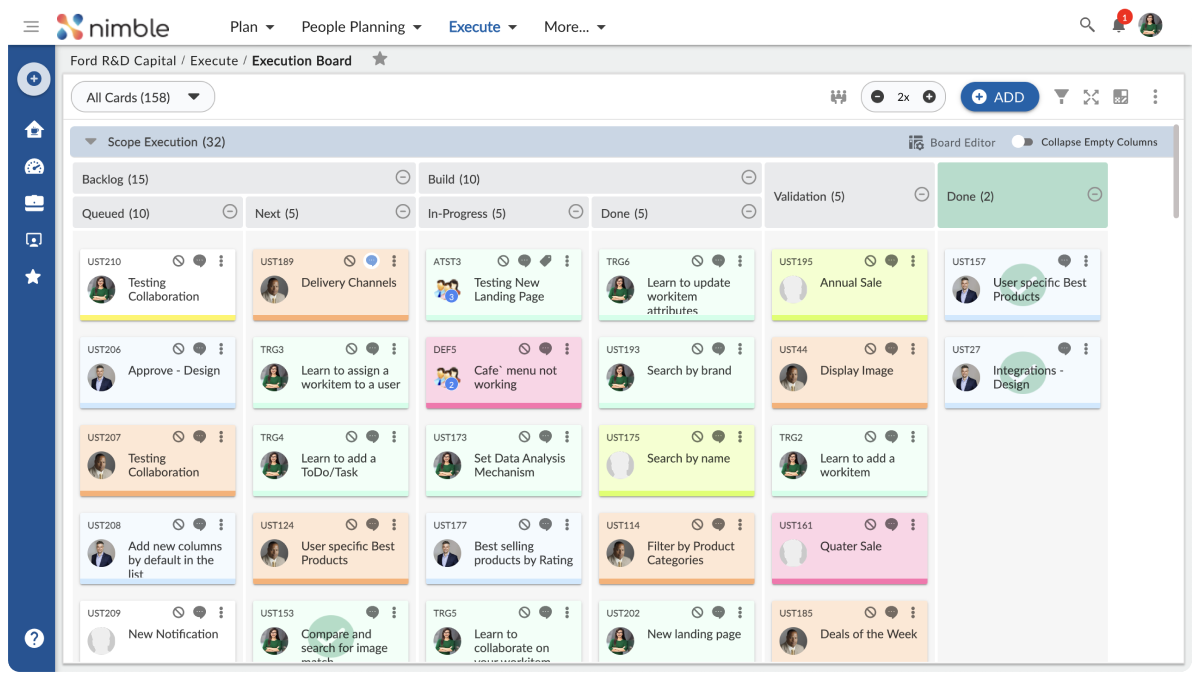As businesses increasingly rely on project-based work, this question ignites fierce debate among professionals. Project management has evolved into a critical discipline, yet experts remain divided on the knowledge required to lead effectively. Is it crucial for project managers to possess deep technical knowledge of the projects they oversee? Opinions diverge sharply: one camp argues that technical expertise is unnecessary and even detrimental, while the other contends that project managers without such expertise are merely bureaucrats with little influence on project outcomes.

Interestingly, management often prefers non-technical project managers, while project teams tend to favor those with a strong understanding of the project content. This discrepancy can be attributed to the perceived flexibility and transferability of non-technical project managers. This article delves into the role of non-technical project managers, drawing from experiences in IT development and mechanical engineering, and aims to shed light on the broader principles applicable across various fields.
The Non-Technical Project Manager: A Crucial Asset
Despite some negative perceptions, non-technical project managers can be invaluable assets. Here’s a look at their contributions and strategies for overcoming common criticisms:
1. Guarding the Project Triangle: Scope, Resources, and Timeline
One of the key responsibilities of any project manager is to protect the project’s scope, resources, and timeline. This is particularly true for non-technical project managers, who must ensure that these elements are meticulously documented and communicated to the steering group. It’s crucial to obtain approvals and stick to them, thereby preventing scope creep and resource misallocation. By maintaining strict adherence to the agreed-upon goals, non-technical project managers can mitigate risks associated with shifting expectations and changing deadlines.
2. Harnessing the Expertise of Technical Leads
Every successful project requires a blend of managerial oversight and technical proficiency. Non-technical project managers must identify and collaborate closely with the technical leads within their teams. These experts provide the detailed technical knowledge that the project manager may lack. Effective collaboration ensures that technical decisions are well-informed and seamlessly integrated into the broader project strategy.
3. Implementing Incremental Development
Non-technical project managers often excel in applying agile methodologies, which prioritize incremental development. This approach allows for the gradual introduction of project components, delivering immediate value and avoiding prolonged stagnation in the planning phase. Incremental development facilitates continuous improvement, enabling teams to adapt to feedback and evolving requirements.
4. Commitment to Continuous Learning
A successful project manager is a lifelong learner. While deep technical expertise isn’t a prerequisite, understanding the basics can significantly enhance a manager’s effectiveness. Participating in training sessions, asking insightful questions, and engaging with technical concepts can empower non-technical project managers to make more informed decisions and foster better communication within their teams.
5. Active Participation in Project Execution
Non-technical project managers should not limit themselves to administrative duties. By actively participating in project tasks, they can foster a culture of engagement and urgency. For instance, they can handle auxiliary tasks such as preparing handovers or organizing operational frameworks. This hands-on involvement not only demonstrates commitment but also builds a collaborative and proactive team environment. Nimble’s powerful and user-friendly interface can support project managers in these efforts, helping to streamline processes and enhance collaboration.
Addressing Common Criticisms and Misconceptions
Non-technical project managers often face skepticism regarding their ability to drive project success. However, several strategies can help counter these perceptions:
1. Building Strong Relationships with Technical Teams
Establishing robust relationships with technical leads and team members is vital. Open communication and mutual respect can bridge the gap between management and execution, ensuring a cohesive and collaborative work environment.
2. Ensuring Productive Meetings
Meetings should be purposeful and outcome-oriented. This practice prevents the perception of unnecessary bureaucracy and ensures that time spent in meetings translates into tangible progress. Clear objectives and actionable outcomes should be the norm.
3. Balancing Workload and Flexibility
Project managers must manage their schedules effectively, maintaining enough flexibility to address unforeseen challenges. A balanced workload allows them to respond promptly to changes, sustaining project momentum and adaptability.
The Strategic Role of Non-Technical Project Managers
Despite the lack of deep technical knowledge, non-technical project managers play a strategic role in project success. Their strengths lie in managing the project framework, facilitating collaboration, and ensuring that project goals are met efficiently. Here are some specific strategies non-technical project managers can adopt to maximize their effectiveness:
1. Adopting a Holistic View
Non-technical project managers should adopt a holistic view of the project, focusing on the big picture rather than getting bogged down in technical details. This perspective allows them to make strategic decisions that align with the overall business objectives.
2. Facilitating Cross-Functional Collaboration
Projects often require input from various departments and stakeholders. Non-technical project managers can excel at facilitating cross-functional collaboration, ensuring that all voices are heard and that the project benefits from diverse perspectives.
3. Prioritizing Clear Communication
Clear and effective communication is paramount. Non-technical project managers should prioritize transparency and clarity in all communications, ensuring that team members and stakeholders are well-informed and aligned with the project goals.
4. Leveraging Project Management Tools
Utilizing project management tools can help non-technical project managers stay organized and efficient. These tools can facilitate task management, timeline tracking, and resource allocation, enabling the project manager to maintain control over the project’s progress.
Conclusion: Embracing a Flexible Approach to Project Management
The role of a project manager, whether technical or non-technical, is multifaceted and requires a blend of strategic oversight, effective communication, and continuous learning. While subject matter expertise can be beneficial, it is not an absolute necessity. What matters most is the ability to manage scope, resources, and timelines effectively, foster collaboration, and maintain a commitment to continuous improvement.
In conclusion, non-technical project managers bring unique strengths to the table. By adopting a flexible, pragmatic approach and embracing continuous learning, they can drive project success and innovation. Organizations should recognize the value of non-technical project managers and leverage their skills to navigate the complexities of today’s project-driven workplace. As you navigate the multifaceted role of project management, Nimble is here to help you streamline your processes and enhance collaboration. With Nimble’s powerful tools and user-friendly interface, you can effectively manage scope, resources, and timelines, ensuring project success. Embrace continuous improvement and drive innovation in your projects with Nimble. Start your free trial today and see how Nimble can transform your project management approach.









